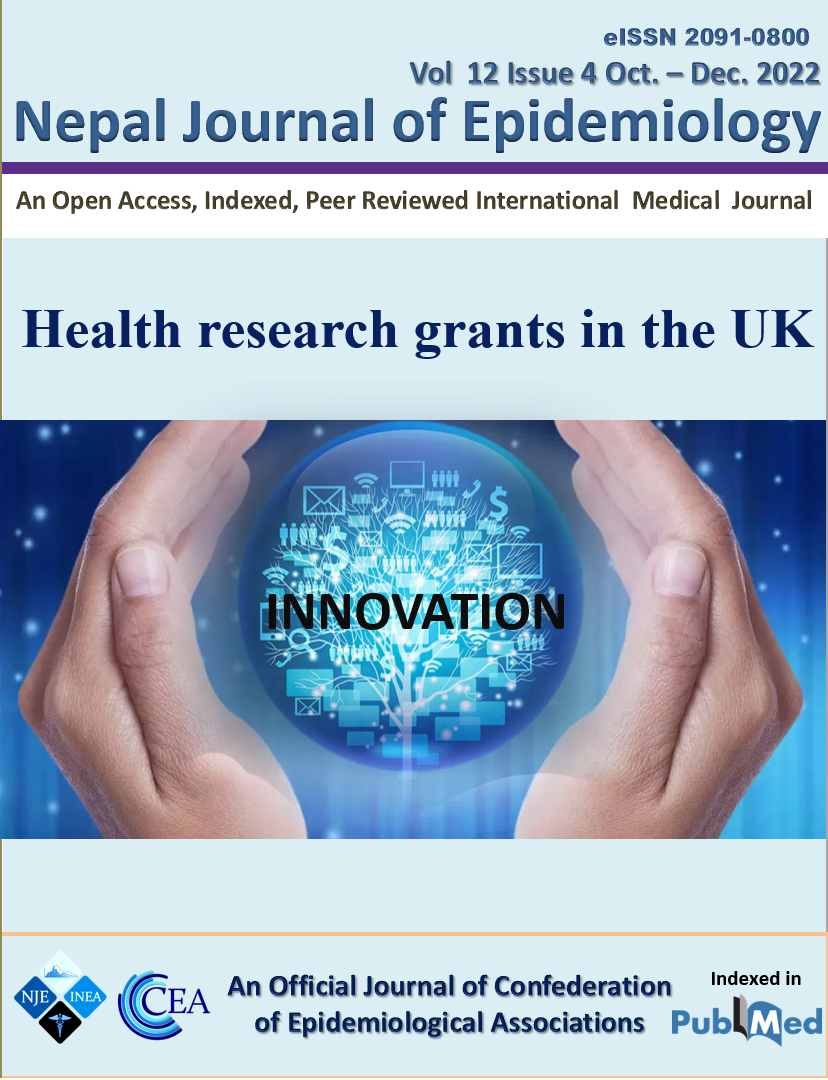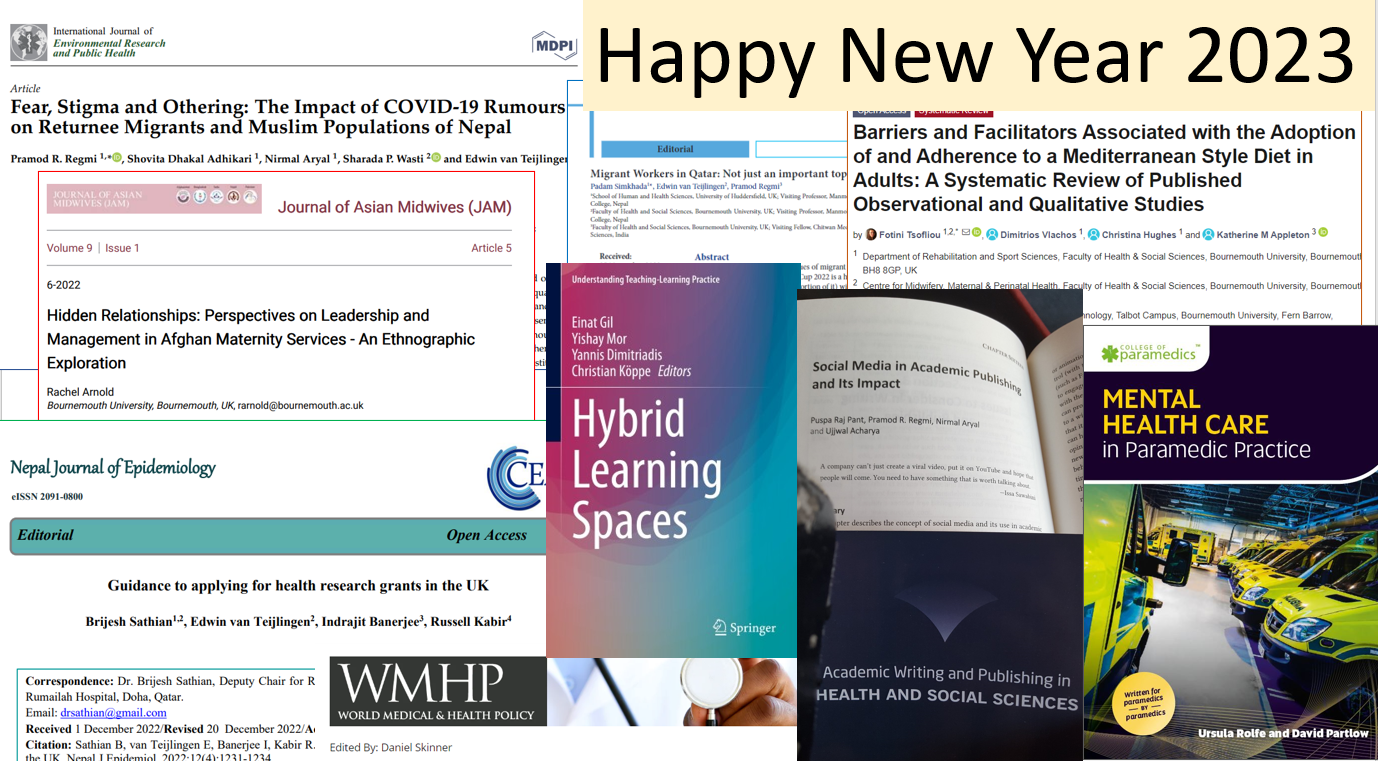Led by Public Involvement in Education and Research (PIER), this session will look at how to meaningfully involve patients and service users in the research process.
This workshop will offer an engaging introduction to the what, why and how of public involvement in research. It is co-designed and facilitated by Rachel Jury and Tim Worner, who have extensive experience of sharing their lived experience expertise in research studies, Dr Mel Hughes, Academic Lead for the BU PIER Partnership and Angela Warren, PIER involvement coordinator.
The session cover the different approaches to public involvement; the public contributor role; the benefits of public involvement and what pitfalls to avoid. It will also provide an opportunity for researchers to learn about public involvement and to consider this from the perspective of experts by experience and in relation to their own research.
This will be interactive with opportunities for researchers to share and discuss ideas and plans.
Intended outcomes
- Develop a knowledge and understanding of different models of public involvement
- Consider the benefits of public involvement for a research study and all those involved
- Identify best practice in designing and conducting public involvement in research
| Workshop | Date | Time | Location |
|---|---|---|---|
| Public and Patient Involvement in Research | Tuesday, 24th January 2023 | 14:00 – 15:30 | Lansdowne Campus |
To book a place on this workshop please complete the Booking Form.
For queries regarding the content of this session, please contact Public Engagement: publicengagement@bournemouth.ac.uk
For any other queries, please contact Organisational Development.














 Dr. Ashraf cited on ‘Modest Fashion’ in The Guardian
Dr. Ashraf cited on ‘Modest Fashion’ in The Guardian NIHR-funded research launches website
NIHR-funded research launches website Academics write for newspaper in Nepal
Academics write for newspaper in Nepal New paper published on disability in women & girls
New paper published on disability in women & girls Global Consortium for Public Health Research 2025
Global Consortium for Public Health Research 2025 MSCA Postdoctoral Fellowships 2025 Call
MSCA Postdoctoral Fellowships 2025 Call ERC Advanced Grant 2025 Webinar
ERC Advanced Grant 2025 Webinar Horizon Europe Work Programme 2025 Published
Horizon Europe Work Programme 2025 Published Horizon Europe 2025 Work Programme pre-Published
Horizon Europe 2025 Work Programme pre-Published Update on UKRO services
Update on UKRO services European research project exploring use of ‘virtual twins’ to better manage metabolic associated fatty liver disease
European research project exploring use of ‘virtual twins’ to better manage metabolic associated fatty liver disease